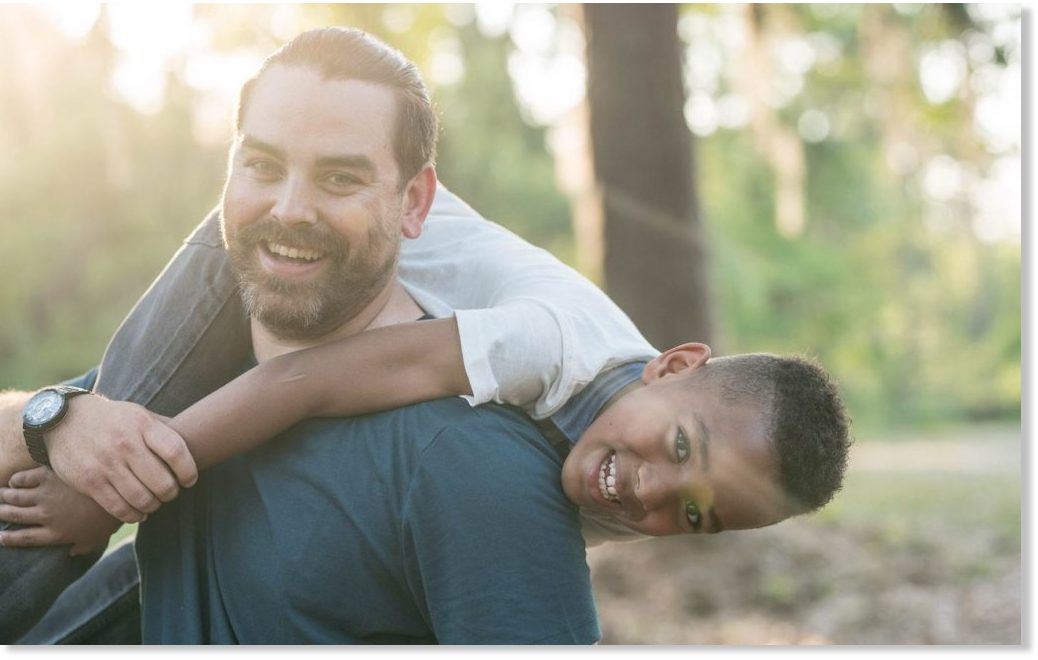
How to raise mentally strong and resilient children
My five-year-old was a blubbering, hot mess. He tackled kindergarten fine nine months before, but the first day of summer camp was too much for him. "I don't want to go. I don't want to go," he moaned, sobbing fat crocodile tears. Most parents...
I totally disagree with this. This is easy, if you listened to your children and respected their wishes. 5 year old doesn't want to go to summer camp? No problem. He doesn't go to summer camp then. It's not a matter of convincing, threatening, or manipulating children to do these kinds of things just because the parents thought it was a good idea. How about just letting the children decide what extracurricular activities they want to do?My five-year-old was a blubbering, hot mess. He tackled kindergarten fine nine months before, but the first day of summer camp was too much for him.
"I don't want to go. I don't want to go," he moaned, sobbing fat crocodile tears.
Most parents have been in situations like this. It's one of the toughest jobs of being a parent, helping kids through situations like this. But nudging them through is important.
I think the more common danger is for parents not making their children the center of the universe, and instead the parents making themselves the center of the universe, eg narcissists. I think the numbers of parents acting like narcissists overwhelm the theoretical parents who cater to every whim of their children. Yes, it is a problem for parents to cater to every whim of children, but how many of these parents are there? Very few compared to narcissistic parents. So the advice to parents should be make their children the center of the universe, and spoil babies with attention and love.3. Making Their Kids the Center of the Universe
If you make your entire life revolve around your kids, they'll grow up thinking everyone should cater to them. And self-absorbed, entitled adults aren't likely to get very far in life.
Respecting children and giving them what they want when reasonable is not robbing them of their power or giving away the parents' power. I wonder if this author has children or ever let her children choose where the family is going to eat when it's the child's birthday.5. Giving Their Kids Power over Them
Letting kids dictate what the family is going to eat for dinner or where the family is going on vacation gives kids more power than they are developmentally ready to handle. Treating kids like an equal - or the boss-actually robs them of mental strength.
Yes, parents do bear responsibility for regulating children's emotions, and that responsibility changes when the children are developmentally ready to handle regulating themselves. If the children are sad or crying, it's complete normal and appropriate for the parents to give a comforting hug and ask what is wrong and talk about it.9. Feeling Responsible for Their Kids' Emotions
Cheering your kids up when they're sad and calming them down when they're upset means you take responsibility for regulating their emotions. Kids need to gain emotional competence so they can learn to manage their own feelings.
It's not a surprise that I singled out 3, 5, 9 as wrong before I got to the author's admission. Doing the opposite of 3, 5, 9 is healthy.Many things listed here are things I do with some regularity (#3, #5, and #9, if you really want to know).
Children normally become independent as a natural progression and expression of growing up. There is no sense in pushing neglecting children and pushing them to be independent. No one should be expecting a newborn to walk and talk and use the toilet. Independence and strength depend on the age of the children and context of the situation.
